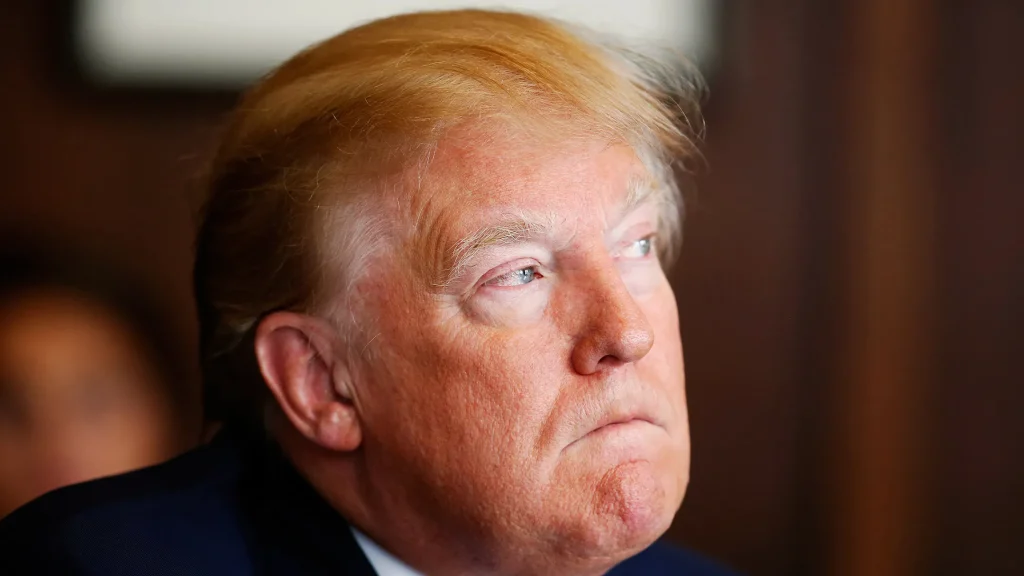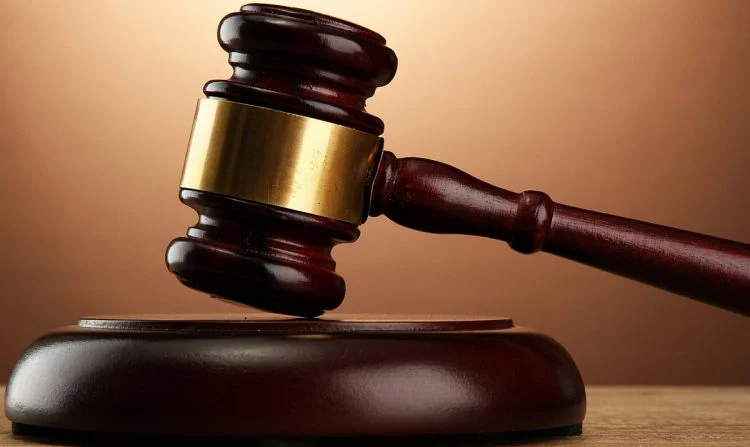A federal judge in Washington has formally postponed the trial of former President Donald Trump, originally scheduled for March, on charges related to an alleged plot to overturn the 2020 election. The decision to delay the trial came as a crucial legal appeal from Trump remains unresolved, asserting his immunity from prosecution for actions taken during his presidency.
U.S. District Judge Tanya Chutkan, presiding over the case brought by Justice Department special counsel Jack Smith, announced the postponement on Friday, refraining from setting a new trial date. The move potentially paves the way for a separate prosecution in New York, where Trump faces charges related to hush money payments to a porn actor.
The Washington case has been delayed by Trump’s ongoing appeal, arguing that he is shielded from prosecution due to actions taken while in the White House. The unresolved appeal is awaiting a decision from a federal appeals court, and the timing of this ruling remains uncertain. Analysts anticipate that, regardless of the outcome, further appeals from Trump’s legal team could result in additional delays.

Read more:
- No Trump Support: GOP Candidate Mazi Pilip in NY Won’t Back Trump if Criminally Charged
- Governor Hochul Signs Bill Redefining Rape in New York
- California Gun Control Law Back in the Legal Spotlight
- Iran Bombing Urged by Hawks, Barbara Lee Stands Firm on Peace
Trump, facing a total of four indictments and 91 felony counts, is strategically seeking to push back his criminal cases, coinciding with his front-runner status in the race for the 2024 Republican presidential nomination. On the other hand, Smith’s team aims to proceed with the prosecution before the November election, fearing potential interference if Trump were to be re-elected.
The New York case, the first among the four indictments filed against Trump in 2023, is currently set to commence on March 25. Despite the conflicting trial date in Washington, the judge overseeing the New York case has resisted calls for postponement, anticipating changes to Trump’s legal calendar as the trial approaches.
In the New York case, Trump is accused of taking steps to conceal payments made on his behalf to suppress damaging stories before the 2016 presidential election. These payments were allegedly logged as legal expenses, raising questions about financial improprieties. A guilty verdict in this case would mark Trump as the first former president convicted of a crime, potentially influencing his political aspirations.
Critics and political rivals have expressed concerns about the sequencing of indictments, with the Manhattan District Attorney Alvin Bragg’s case being perceived as less severe than subsequent charges. The New York case revolves around what has been labeled as “hush money” payments, but in recent weeks, Bragg has framed it as an additional instance of Trump’s “election interference” during his 2016 campaign.
Trump also faces charges in Florida, where he is accused of illegally retaining classified documents at his Mar-a-Lago estate. The trial for this case is scheduled for May 20 but remains subject to potential postponement. Another legal challenge in Georgia, brought by Fulton County District Attorney Fani Willis, accuses Trump of conspiring to overturn the state’s 2020 election, with no set trial date.
As legal battles unfold on multiple fronts, the delay in the Washington trial adds complexity to the legal landscape surrounding Donald Trump. The outcome of the pending appeal, combined with the strategic considerations of both Trump’s legal team and prosecutors, will determine the trajectory of these high-stakes legal proceedings.

